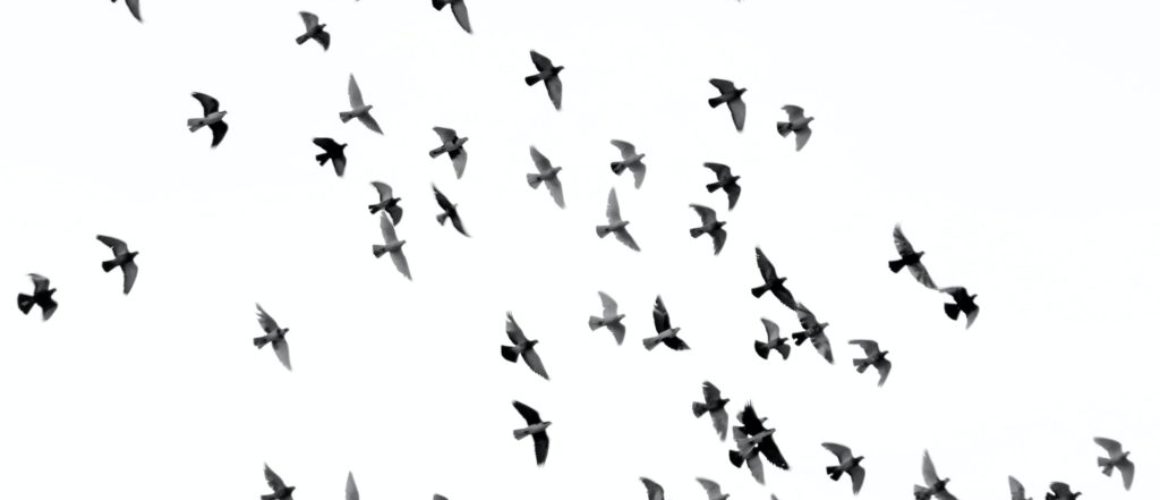What birds can you shoot in the UK
The rules and regulations regarding what birds you can shoot in the UK can often become confusing. Some laws stipulate how the bird is shot, when it is shot, under what circumstances and more. As such, in this article, we will be answering some of the key questions we are regularly asked by clients to help clear up the question ‘What birds can you shoot in the UK?’.
Are all birds protected in the UK?
All birds in the UK are protected to some degree, but guidance on the government website states that you can shoot certain species of game birds, quarry birds and waterfowl (ducks, geese, waders) and other species of bird but only during the shooting season. During the close season (1 February to 31 August), it is illegal to shoot any birds as this helps ensure that they can breed successfully and move between their breeding and wintering grounds.
The rules also stipulate that you can only shoot in specific locations, for example, you can’t shoot some waterfowl above the high-water line.
What birds are protected in the UK?
In England, Scotland and Wales, the Wildlife and Countryside Act 1981 (part 1) ensures the protection of all wild birds, their nest and eggs, which makes it an offence to kill, injure or destroy a nest or egg of any wild bird whilst they are actively nesting or roosting.
It is also important to note that different bird species have different levels of protection. To ensure you stay compliant with legislation, it is essential that you seek the advice of a trained professional before attempting to remove a bird.
What birds are protected by the Queen?
Swans are infamously protected by the Queen and are seen as the symbol of the British Royal Family. As a result of medieval legislation, the Queen of England owns all unmarked mute swans on stretches of the River Thames and its surrounding tributaries. The Queen still maintains an officially appointed Swan keeper who despatches swans across the globe as unique gifts in the Queen’s name.
Each year the Swan Upping is held on a Monday in the third week of July to establish the ownership of each swan in the Thames. The swans are carefully caught, ringed and then released to catalogue the population for conservation purposes in the UK.
To this day, the swan remains the only bird in the UK owned and protected by the Queen, and the killing of a swan could result in an unlimited fine, six months imprisonment or both.
Can you shoot pigeons in the UK?
Pigeons have long been regarded as a pest species due to their scavenging nature and for many years were shot by farmers and landowners. However, in 2021 pigeons cannot be shot at, and you must obtain a special licence if you are to do so for wood pigeons. However, you do not require a special licence to shoot feral pigeons, which can be undertaken using a general licence.
From 1 January 2021, you may use general licence GL42 for some activities to prevent serious damage to crops, or you may need to apply for an individual licence. Pigeons are protected alongside other wild birds in the UK, and if you are experiencing pest bird problems, it is essential to be aware of the laws. Whether you deal with the issue yourself or hire a contractor, the responsibility to ensure that the method of control is legal lies with you as the property owner.
Are nesting pigeons protected?
Nesting pigeons are still protected under the Wildlife and Countryside Act 1981, which means removing pigeons, nests, or eggs is illegal, unless as stated before, this involves feral pigeons which requires a general license. Unlike some other wild bird species, pigeons can nest throughout the year, making them a key pest species property owners have to deal with. Some steps can be taken to deter pigeons from nesting on your property, such as sealing up holes and gaps, but on larger or commercial properties and sites, this can be difficult and requires a more specialist approach using pest control.
How can we help?
In cases where there are concerns about birds nesting, bird mitigation work can be planned out in advance of nesting season to reduce the risk. Our team at Urban Hawks is happy to offer a site visit and provide clients with a detailed plan of works to help prevent any pest problems in the future. There are, however, many areas where for whatever reason bird proofing measures cannot be implemented. In this instance, our falcon disruption and dispersal program can be brought in as an effective way of dissuading birds and other pests from habituating to an area.
Get in touch
If you are currently in the construction process or a build has been put on hold due to nesting, or are concerned about the possibility of a bird nesting within your build, then get in touch with us at Urban Hawks today on 0151 345 6854 or email us at info@urbanhawks.co.uk.

